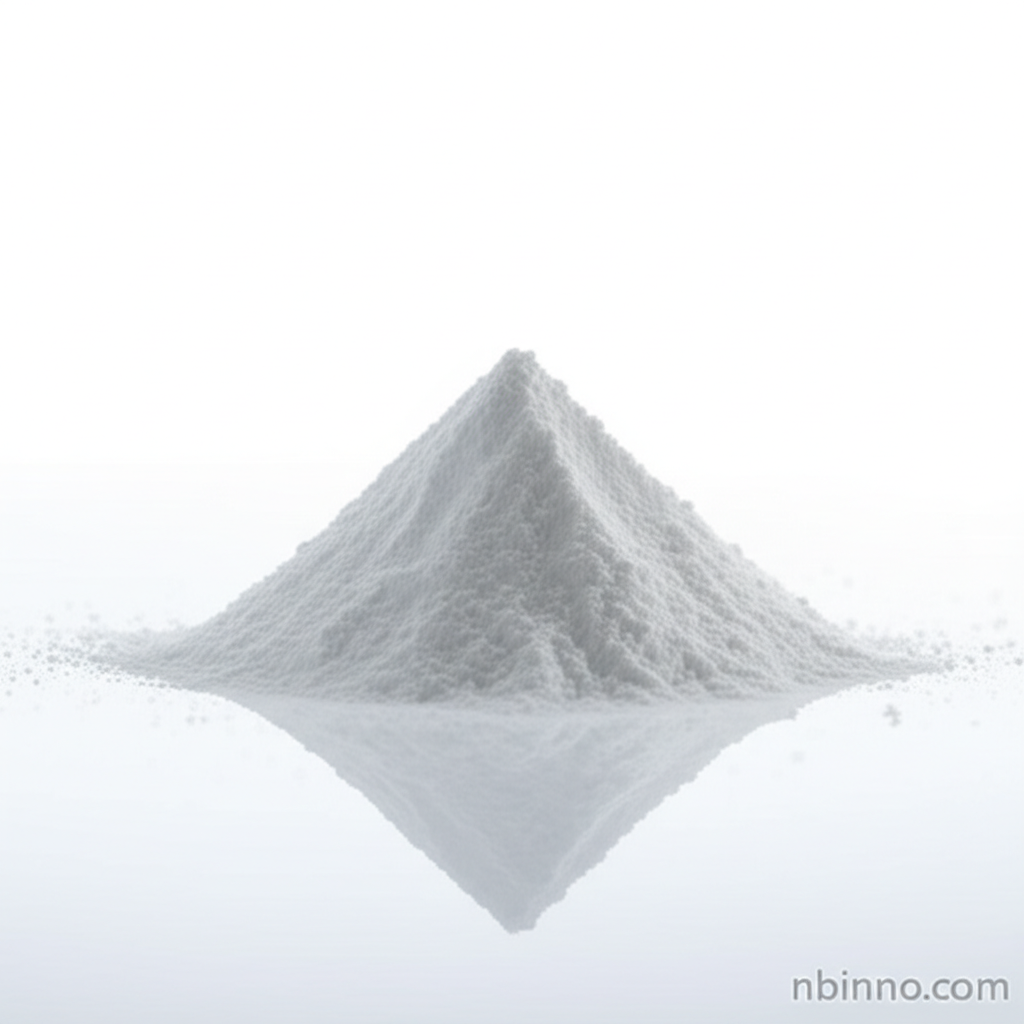Heparin Lithium: Essential Anticoagulant for Accurate Blood Analysis
Ensuring sample integrity with advanced anticoagulant solutions for precise diagnostic outcomes.
Get a Quote & SampleProduct Core Value

Heparin Lithium
Heparin Lithium is a critical anticoagulant, primarily used in blood collection tubes to prevent clotting during in-vitro testing. Its unique properties make it indispensable for maintaining the stability and integrity of blood samples, thereby ensuring the accuracy of clinical biochemistry and emergency biochemical tests. It is particularly recommended for tests involving ion determination due to its minimal interference with other ions compared to other heparin salts.
- What is Heparin Lithium used for? It is applied for the collection and anti-coagulation of blood samples for clinical biochemical examination, emergency biochemical examination, and certain hemorheology projects.
- Advantages of Heparin Lithium tubes include enhanced sample stability and compatibility with a wide range of tests, facilitating quick and accurate testing.
- How Heparin Lithium prevents blood clotting involves enhancing the activity of antithrombin III, which inhibits key clotting factors, thus keeping the blood in a liquid state.
- Lithium heparin vs sodium heparin for lab tests: Lithium heparin is often preferred for electrolyte testing due to its lower interference with other ions, ensuring greater accuracy in results.
Key Advantages
Enhanced Sample Stability
The efficient prevention of clotting ensures that blood samples remain liquid, preserving their integrity for subsequent analyses, crucial for accurate blood sample integrity solutions.
Superior Ion Measurement
Due to its low interference with other ions, lithium heparin is ideal for tests measuring electrolytes, offering superior precision compared to other salts, supporting clinical chemistry additives.
Versatile Application
This anticoagulant is compatible with a broad spectrum of laboratory tests, making it a versatile choice for various diagnostic needs and supporting advanced laboratory reagents.
Key Applications
Blood Collection
Used in blood collection tubes to prevent clotting, crucial for preparing samples for diagnostic testing, supporting phlebotomy best practices.
Clinical Biochemistry
Essential for accurate results in clinical biochemistry tests, ensuring the reliability of patient health assessments through precise analysis.
Emergency Testing
Vital for emergency biochemical examinations where rapid and accurate results are critical for immediate medical intervention.
Hemorheology Projects
Applied in specific hemorheology projects, contributing to the understanding and assessment of blood flow characteristics.
